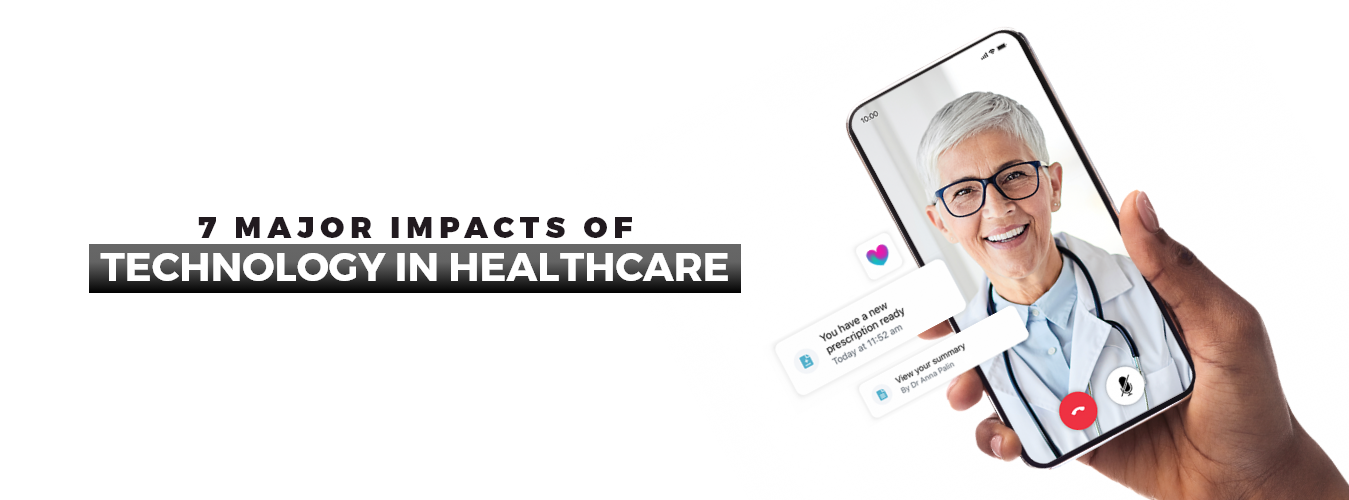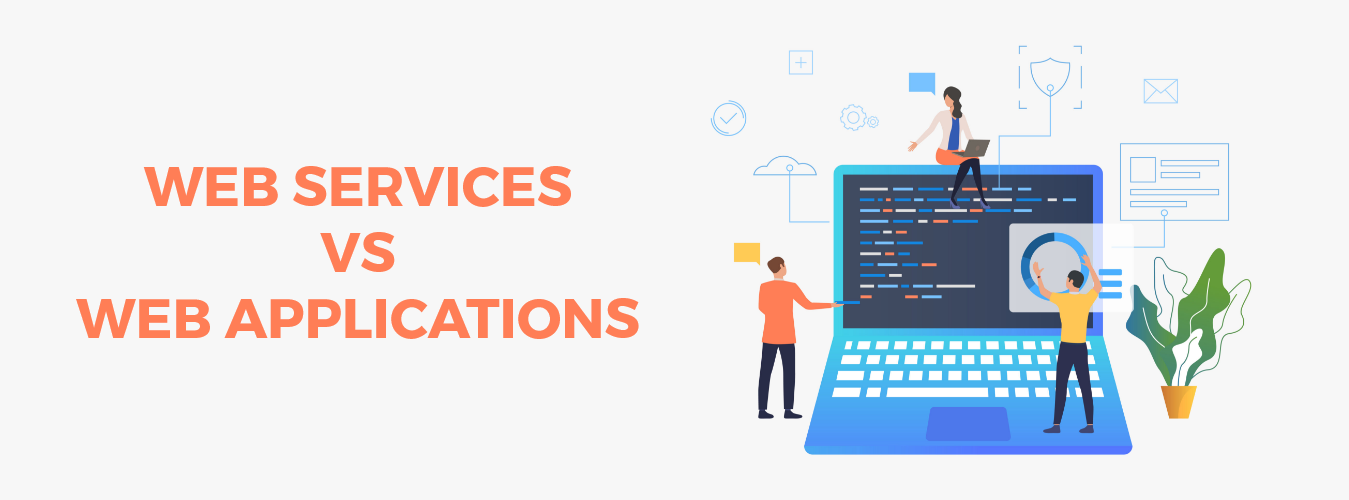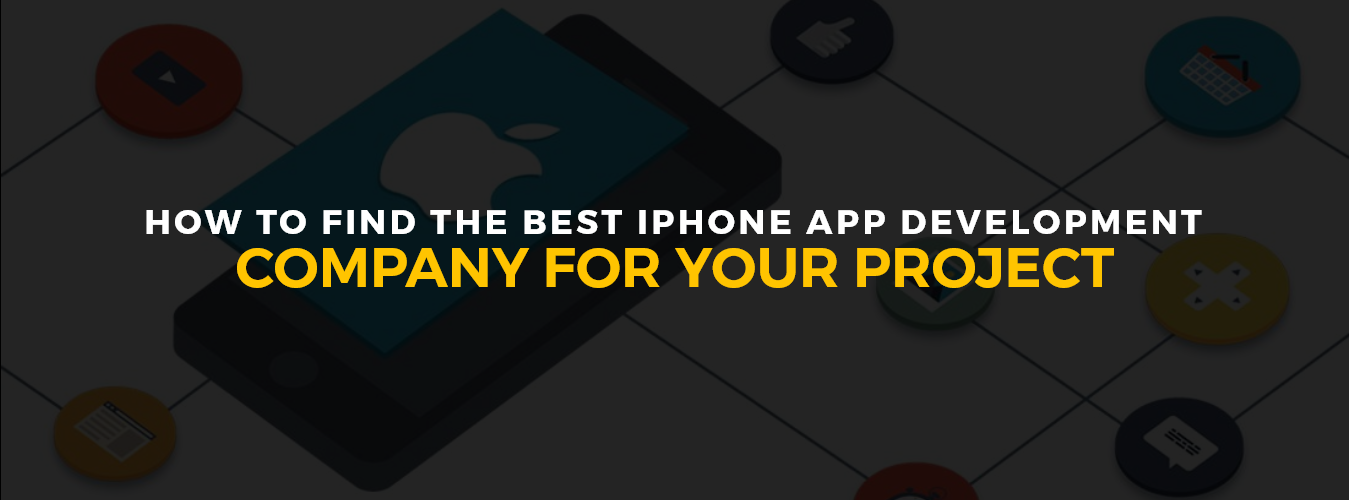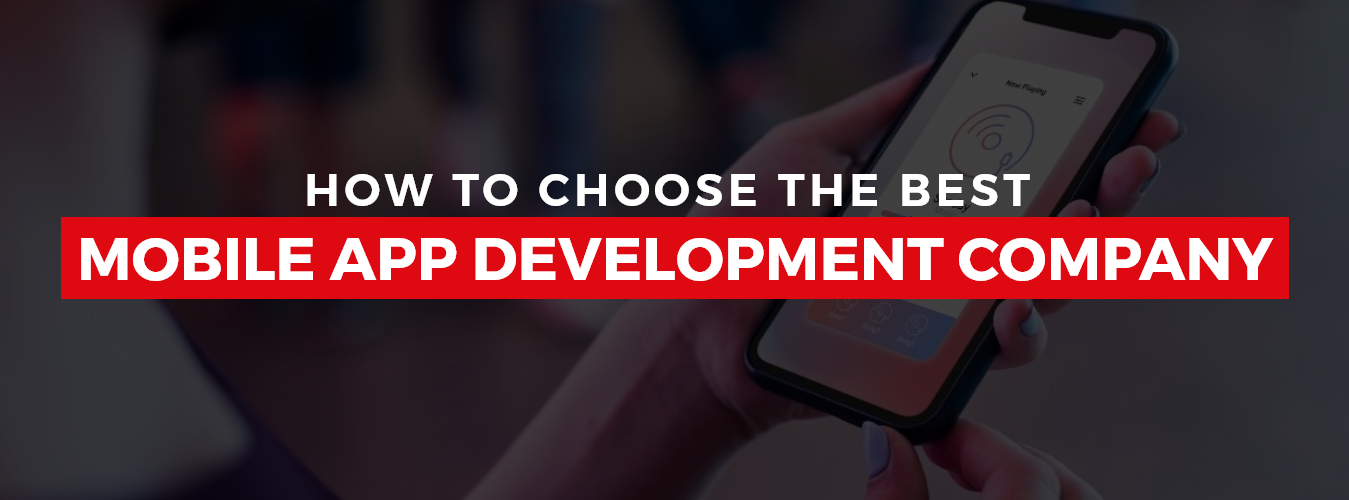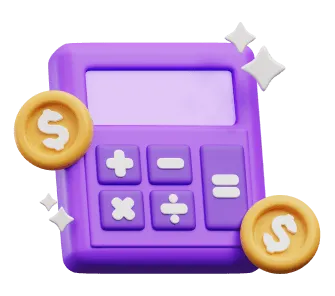Introduction
Technology has permeated every aspect of our fast-paced lives; today, affecting how we work, interact, and even receive healthcare. The increasing incorporation of technology has led to notable improvements, particularly in the healthcare sector. Through telemedicine and electronic health records, technology advancements have revolutionized patient care by boosting effectiveness, improving results, and improving the patient experience.
This blog post will examine seven significant effects of technology on healthcare, illuminating how these developments have changed the practice of medicine. Healthcare professionals have overcome several obstacles by accepting these technological solutions, resulting in more precise diagnoses, individualized treatment regimens, and, ultimately better patient outcomes.
Crafting Your Ideal Mobile App/Experience Starts Here!
Ready to elevate your business? Your custom app is just a click away.
Yes Let’s goTechnology Can Help Improve The Security Of Patient Records
Here are some key impact of technology in healthcare which can improve the security of patient records:
Electronic Health Records (EHRs)
By switching from paper-based records to EHRs, there is no longer a chance that physical documents will be misplaced, destroyed, or accessed without permission.
Dependable Security Measures
Advanced encryption methods, secure login systems, and multifactor authentication procedures are used to prevent unauthorized access to patient data. Tracking and monitoring access to patient records is made possible by technology, which also leaves an audit trail that may be used to spot any irregularities or breaches.
Secure Communication Channels
Healthcare workers can securely transmit patient information via encrypted chat platforms or secure portals to lower the danger of data interception during transmission.
Blockchain Technology
Data integrity and security are improved by blockchain technology, which offers decentralized and immutable data storage that is extremely hard to hack or tamper with.
Technology aids healthcare organizations in maintaining compliance with data privacy laws like HIPAA (Health Insurance Portability and Accountability Act), protecting patient data, and averting potential legal ramifications.
Increased Patient Control
Thanks to technology, people now have more control over their medical records. They can authorize access to particular healthcare professionals and keep track of who else has access to their files.
Also Read: The Best Mobile Banking Apps
Technology Can Help Improve The Quality Of Healthcare At An Affordable Cost
Automatism and effectiveness
Numerous healthcare procedures can now be automated thanks to technology, which eases the load of physical labor, reduces mistakes, and boosts effectiveness. Automated solutions make administrative work more efficient, freeing healthcare staff to concentrate more on patient care and improving outcomes.
Ehrs, Or Electronic Health Records
EHRs compile patient data into digital form, making sharing, accessing, and analyzing data simple. This thorough understanding of a patient’s medical history enables precise diagnoses, individualized treatment regimens, and decreased unnecessary tests, ultimately enhancing the quality of care and reducing expenses.
Remote monitoring and telemedicine
Without the need for in-person visits, telemedicine uses technology to deliver remote healthcare services, allowing patients to obtain medical consultations, diagnoses, and follow-ups. Healthcare professionals may remotely monitor patient vitals and conditions thanks to remote monitoring technology, which reduces hospital readmissions and associated expenditures.
Data-Driven Decision Making
With the aid of technology, healthcare professionals can collect and analyze massive volumes of data to produce insightful findings. To improve clinical results and find affordable therapies, this data-driven approach assists in discovering trends, patterns, and best practices.
Preventive and Predictive Care
Predictive analytics and risk assessment models can be created using technology to help find those who are most at risk of contracting specific ailments. Healthcare providers can minimize health risks, avoid problems, and lower long-term healthcare costs by emphasizing preventative interventions and personalized care plans.
Also Read: 5 Trending Technologies to Watch Out
Technology Can Make It Easier To Diagnose And Treat Patients
Technology plays a pivotal role in making the diagnosis and treatment of patients easier and more efficient. Here are some key points highlighting how technology achieves this:
Modern Imaging And Diagnostic Equipment
Technologies like ultrasound, computed tomography (CT), and magnetic resonance imaging (MRI) produces precise and accurate body images that help diagnose disease. These instruments allow medical practitioners to see inside structures, spot anomalies, and choose the best course of action.
Machine Learning And Artificial Intelligence
Large volumes of patient data, including medical imaging, test findings, and electronic health records, can be analyzed by AI-powered algorithms and machine-learning approaches to help with diagnosis. These tools can help medical practitioners make more precise and fast diagnoses by identifying trends, picking up on minute irregularities, and supporting their decision-making.
Digital Pathology
Remote pathologists can view slides thanks to digital pathology, making digitizing and analyzing tissue samples possible. This technology boosts productivity, permits expert collaboration, and speeds up diagnosis turnaround times, especially when expertise is scarce.
Decision Support Systems
To help healthcare professionals make decisions based on the best available evidence, technology has developed decision-support tools that incorporate clinical guidelines, medical literature, and patient data. These solutions assist in lowering errors, increasing treatment precision, and offering tailored care plans based on unique patient features.
Technology Can Make It Easier To Share Information between Healthcare Providers and Patients
The exchange of information between healthcare professionals and patients has been greatly improved by technology, allowing for seamless communication and enhancing the patient experience. The following major factors emphasize how technology makes this possible:
Patient Portals
Patients can access their health information, such as lab results, medication information, and appointment schedules, through patient portals, which are online platforms. To actively participate in their care, patients can interact with their healthcare professionals, ask questions, obtain prescription refills, and view their medical history.
Telemedicine and Virtual Consultations
Telemedicine services offer remote consultations between medical professionals and patients through video calls or voice chats. This technology allows patients, particularly those with limited mobility or who reside in rural places, to get healthcare quickly. It permits diagnosis, promotes treatment discussions, and allows sharing of medical information from the comfort of the patient’s home.
Also Read: Top 17 Healthcare Apps
Technology Can Help Create Personalized Medical Treatments
Technology is essential for developing customized medical therapies that cater healthcare procedures to each patient’s particular demands. The following major factors emphasize how technology makes this possible:
Precision Medicine
Technology makes the study of enormous volumes of patient data, including genetic data, medical histories, and lifestyle variables, possible. Healthcare professionals can create personalized treatment plans and treatments by understanding individual genetic profiles. It is possible to find specific biomarkers and genetic abnormalities linked to diseases by processing this data using cutting-edge algorithms and machine-learning approaches.
Genomic Medicine
With advances in genomics, impact of technology in healthcare makes it possible to sequence a person’s DNA, giving us important information about their ancestry. By identifying genetic susceptibilities to certain diseases, forecasting treatment outcomes, and figuring out the best drug dosages, this information contributes to more individualized and efficient therapy.
Pharmacogenomics
With technology, it is now possible to analyze a person’s genetic variants and anticipate how they will react to a particular prescription. Pharmacogenomic testing aids in identifying probable negative drug reactions, choosing the best drugs, and optimizing dosing regimes, resulting in more individualized and secure treatment alternatives.
Decision Support Systems
Technology offers decision-support tools that combine data about individual patients, medical research, and clinical recommendations. These technologies let medical professionals make personalized treatment decisions based on each patient’s particular features, enhancing treatment success and lowering the possibility of unfavorable effects.
Wearable Technology And Remote Monitoring
Wearable technology and remote monitoring technologies make it possible to collect patient data in real time, such as vital signs, activity levels, sleep patterns, and medication adherence. Personalized interventions and prompt modifications to treatment programs are made possible by the significant insights into patients’ health states that are gained via continuous monitoring by healthcare professionals.
Conclusion
In conclusion, impact of technology in healthcare has transformed the healthcare sector and significantly impacted several patient cares and healthcare delivery-related issues. Technology keeps changing how we think about healthcare, from strengthening the security of patient records to raising the standard of care at a reasonable price.
Instead of using technology as an excuse to reduce employees or save expenses through layoffs or attrition, healthcare organizations should aim to use it to improve patient care and results. The most useful application of technology, in my opinion, would be when we can obtain its advantages without paying for them.
Automation, electronic health records, telemedicine, and data-driven decision-making have all contributed to the streamlining of procedures, reduced errors, and improved operational efficiency in the healthcare sector. It has facilitated better communication, collaboration, and care coordination by making it simpler for healthcare providers to access and exchange patient information. There are several apps available for healthcare, if you’re looking for a health care app you can take help from Healthcare App Development Company.
Technology fosters innovation and enhances healthcare provision, making it more accessible, effective, and patient-centered. We may anticipate more changes to the healthcare industry as technology develops, which will ultimately improve patient quality of life and health outcomes.
Crafting Your Ideal Mobile App/Experience Starts Here!
Ready to elevate your business? Your custom app is just a click away.
Yes Let’s go
